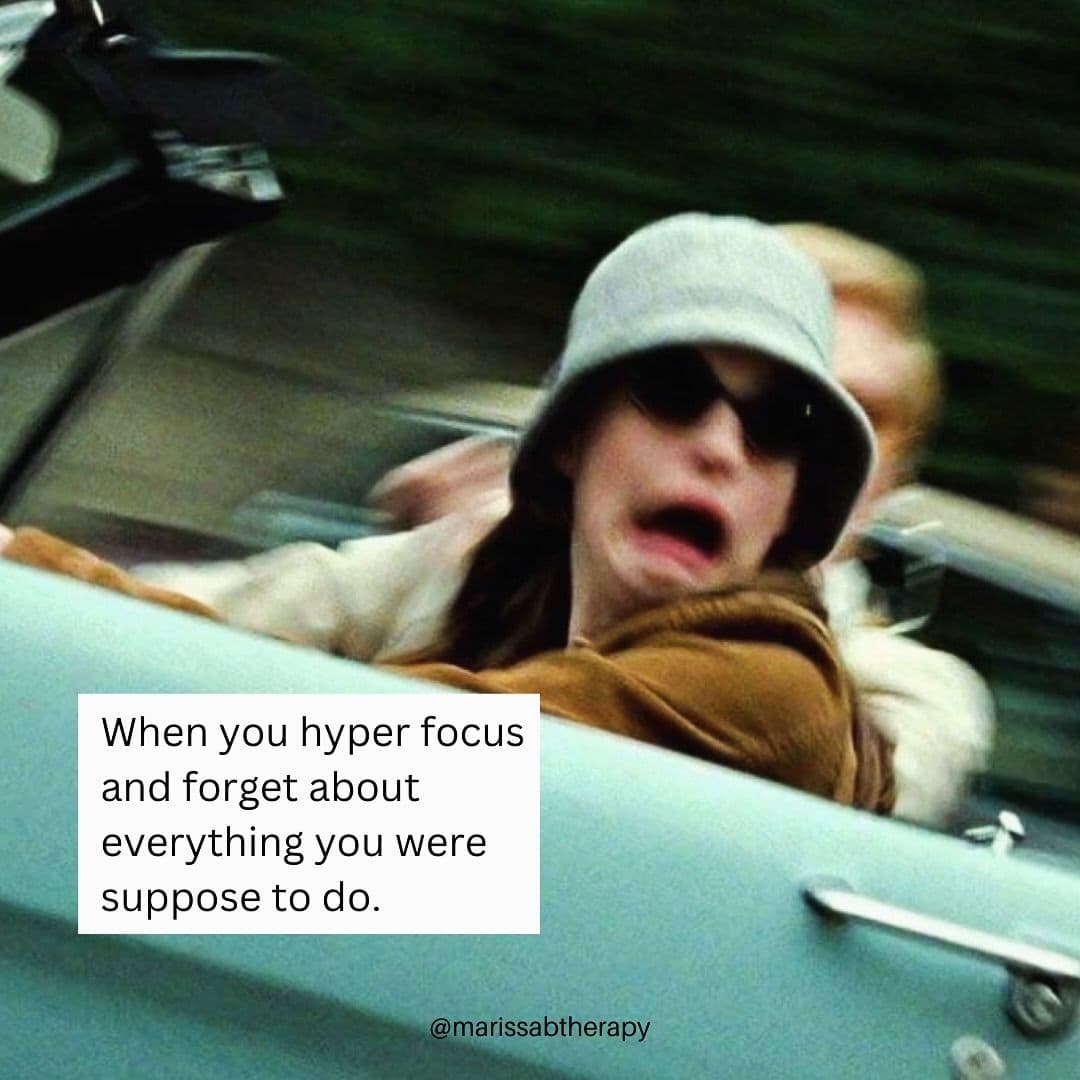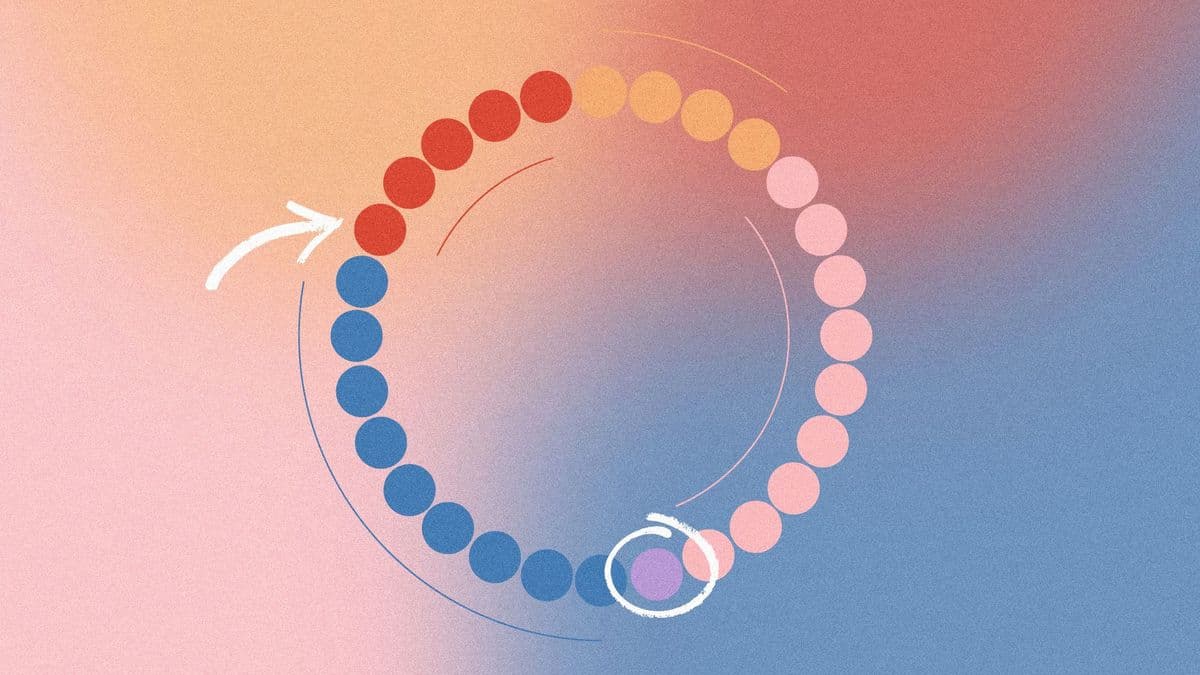
Why your ADHD feels impossible some weeks (it's not you)
8 sources
Listen to this article
That week when your ADHD medication feels like sugar pills? When your brain fog is so thick you can't remember why you walked into a room? When simple tasks feel overwhelming even though you crushed similar challenges just last week?
You're not losing your mind. Your hormones are literally working against your ADHD brain.
The science behind your monthly ADHD rollercoaster
Here's what's really happening: estrogen is like a best friend to your dopamine system. When estrogen is higher (like right after your period), it helps your brain produce more dopamine and makes your dopamine receptors more sensitive. Since ADHD brains already run low on dopamine, this hormonal boost can make you feel more focused and capable.
But during your luteal phase (the two weeks before your period), estrogen drops dramatically. Your brain suddenly has even less access to the dopamine it desperately needs. The result? Your ADHD symptoms can feel completely unmanageable, even if your medication worked perfectly just days before.
Research shows that up to 45% of women with ADHD also experience severe premenstrual symptoms, compared to just 28% of women without ADHD. Your brain is simply more sensitive to these hormonal shifts.
Create your comfort toolkit for tough weeks
During your luteal phase, your brain craves structure and support. This is perfect timing to lean into gentle, nesting behaviors that actually help manage ADHD symptoms. Prepare simple systems like laying out clothes the night before, batch cooking easy meals, or setting extra phone reminders.
Focus on magnesium rich foods and B vitamins, which can help stabilize mood and energy when your hormones are fluctuating. Think dark chocolate, leafy greens, and whole grains.
Your action plan for hormonal ADHD management
Track your cycle and symptoms for two months using any period app. Note when your focus feels sharp versus scattered.
Talk to your doctor about medication timing. Some women benefit from slight dosage adjustments during their luteal phase.
Schedule your most demanding tasks for the week after your period when estrogen (and your focus) rebounds.
Be extra gentle with yourself during low estrogen weeks. This isn't the time to start new projects or make major decisions.
Remember, this pattern is predictable and manageable once you understand it. You're not broken, you're just working with a brain that responds intensely to hormonal changes.



